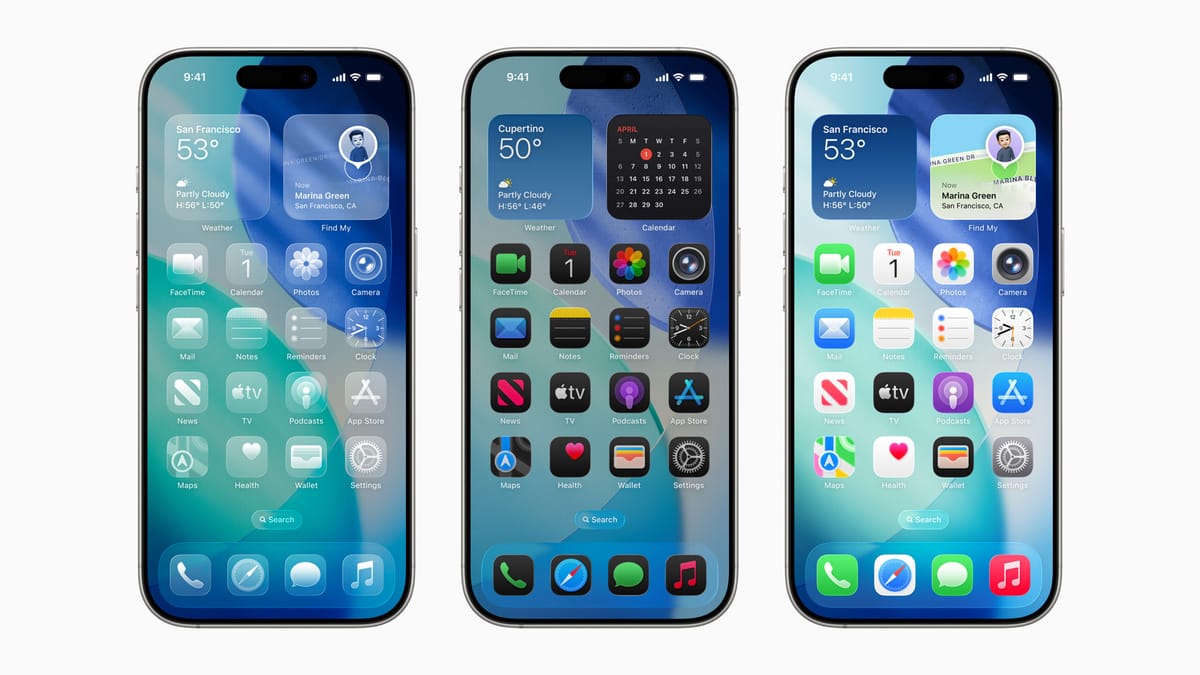Fake Apple Billing Texts: Are You Really Talking to Apple, or a Scammer?

Would you know if a text message from “Apple Billing” was a scam? With hackers growing slicker than ever, even savvy tech users are just one click away from trouble. If you’ve had a suspicious alert about your iCloud or Apple Pay, you’re not alone – and the risks are real. Let’s dive in.
🚨 How Scammers Are Fooling Us: The Problem Unpacked
- Sophisticated Text Spoofing: Scammers are sending messages claiming to be from Apple’s billing department. These texts start with "Apple approval notice" and describe supposed activity in an Apple Store, complete with specific dollar amounts ($143.85 in a recent case).
- Panic-Inducing Language: The message ratchets up the pressure: “Suspicious sign in request and Apple Pay activation request detected.” It’s designed to trigger urgency and anxiety.
- Personal Data Threats: The texts threaten that your photos, data, banking info, and credit cards are ‘at risk’ and urge you to call a provided number immediately or click a link that looks like Apple Support.
- Multiple Attacks: Victims report receiving identical messages from different senders, showing organized, large-scale efforts to phish for sensitive data.
What’s driving this surge in high-quality scam messages? The underlying cause is simple: Personal data is a goldmine. Whether it’s your credit card number or Social Security information, cybercriminals can convert stolen details into quick cash—or long-term identity theft. The more credible and urgent their messages sound, the more likely you are to fall for the trap!
✅ Protecting Yourself: The Solution You Need to Know
- ✅ Official Guidance: As Amie Mitchell, CEO of the Better Business Bureau of Eastern Oklahoma, points out, “Apple is not going to text you and ask you for personal information. They already have that.” Real Apple communications don’t ask for login details or threaten account instability via text.
- ✅ Better Business Bureau (BBB) Alerts: The BBB actively warns users about new phishing approaches and fake Apple messages. Their updates help consumers quickly spot fraud trends as they develop.
- ✅ User Vigilance: Checking the sender’s address and watching for suspicious links is the first line of defense. In the reported scam, the victim recognized the scam by simply reviewing the email it was sent from.
- ✅ Official Channels Only: If ever in doubt, log in directly to your Apple account through the official website or app. Do not click suspect links or call unfamiliar numbers, no matter how convincing the message seems.
These steps don’t just protect your Apple account; they help safeguard bank accounts and personal identity as well. Official organizations like the BBB and Apple themselves provide educational resources and warning systems to empower users.
🚧 Why Is This Still a Problem? The Challenges
- 🚧 Ever-Evolving Scam Tactics: Scammers continuously refine their tricks, making fake texts look shockingly authentic—right down to Apple support branding and urgent language.
- ⚠️ Information Overload: In our digital age, users are bombarded with legitimate texts and offers daily, making it tougher to spot the fakes.
- 🚧 Emotional Manipulation: The scare tactics work. Even careful users can be caught off guard by messages threatening to compromise their bank or data security.
- ⚠️ Lack of Regulation: While organizations like the BBB raise awareness, there isn’t a single unified legal framework mandating text verification standards or punishing cross-border scammers.
Mitchell’s warning is clear: Scammers are after your most sensitive details—credit cards and Social Security numbers in particular. And while tech giants improve security, phishing relies on user psychology, which is much tougher to regulate or “patch.”
🚀 Final Thoughts: Staying Safer in a Digital World
So, is there a silver bullet for scam texts? Not quite. But success is definitely possible:
- ✅ Consumer Awareness: The more we share stories and tips, the less likely we are to be tricked.
- ✅ Tech and Education: Apple and groups like the BBB must keep innovating—not just in technology, but in how they educate users and report scams in real time.
- 📉 If We Ignore: Scam losses and identity theft will keep rising, preying especially on the unwary or overwhelmed user.
What about you? Have you received a suspicious “Apple” message? What tipped you off—or could you have been fooled? Let’s swap stories and keep each other safer!
Let us know on X (Former Twitter)
Sources: FOX23. BBB warns of fake Apple billing department scam message, June 2024. https://www.fox23.com/news/bbb-warns-of-fake-apple-billing-department-scam-message/article_1702969a-bec9-4f85-96e0-3fa8c1249e62.html










